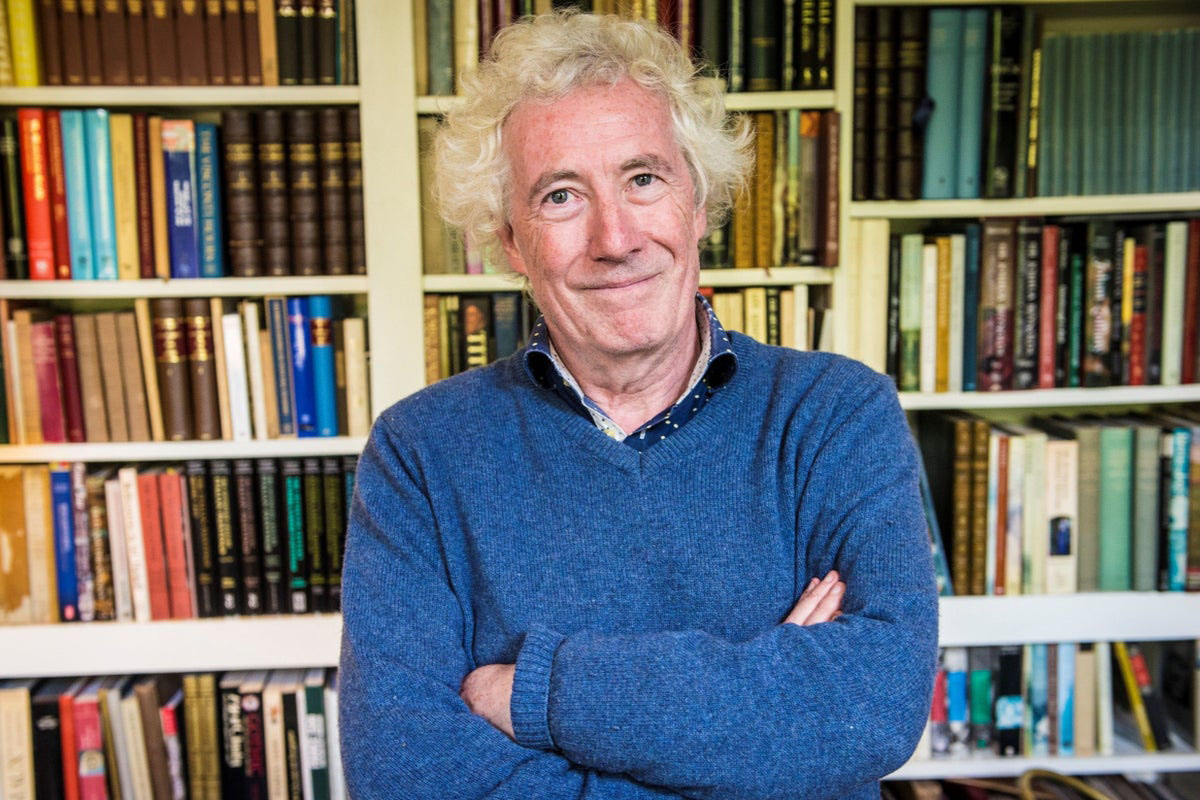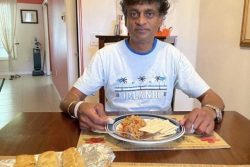LONDON/HONG KONG, (Reuters) – The rule of law in Hong Kong is profoundly compromised in areas where the government has strong opinions, a British judge who resigned last week from the top Hong Kong appeals court said yesterday.
Jonathan Sumption is one of two British judges who resigned shortly after a landmark verdict in which 14 prominent democratic activists were convicted for subversion amid a national security crackdown on dissent.
Some lawyers say the resignations challenge the assumption, long held by some legal professionals, that having foreign jurists on the top court helps protect the city’s international image after China imposed a national security law on Hong Kong in 2020 in response to mass pro-democracy protests.
Explaining his eventual decision to resign, Sumption said Hong Kong authorities were paranoid about political dissent.
“Hong Kong, once a vibrant and politically diverse community is slowly becoming a totalitarian state. The rule of law is profoundly compromised in any area about which the government feels strongly,” Sumption wrote in an editorial published on the Financial Times website.
Hong Kong’s leader John Lee disagreed with Sumption’s comments and said judges did not have expertise in political matters. He also accused Britain and other countries of attempting to interfere in Hong Kong’s legal affairs.
Chinese and Hong Kong authorities say the national security law is necessary and has brought stability.
“Some UK officials and politicians try to weaponise the UK’s judicial influence to target China and HKSAR (Hong Kong)” Lee told reporters.
“A judge is entitled to his personal political preferences, but that is not a judge’s area of professional expertise.”
While some departing foreign judges on the top court have voiced concerns at Hong Kong’s tightened security laws, none has gone as far as Sumption.
The resignations swell the number of British jurists who have severed ties to Hong Kong’s highest court amid a years-long crackdown on dissent under the mainland’s national security law.
Another judge on the court, Canada’s Beverley McLachlin, announced on Monday that she would step down when her three-year term expired on July 29.
Britain, which handed Hong Kong back to China in 1997, has said the security law that punishes offences such as subversion with terms of up to life in jail has been used to curb dissent and freedom.
Many of Hong Kong’s democratic campaigners have been arrested, detained or forced into exile, civil society groups have been shuttered and liberal media outlets forced to close.
Last month, 14 pro-democracy activists were found guilty and two acquitted in the landmark subversion trial that critics say further undermined the city’s rule of law and its reputation as a global financial hub.
The verdicts in Hong Kong’s biggest trial against the democratic opposition came more than three years after police arrested 47 democratic activists in dawn raids on homes across the city.
“The real problem is that the decision is symptomatic of a growing malaise in the Hong Kong judiciary,” Sumption wrote.







